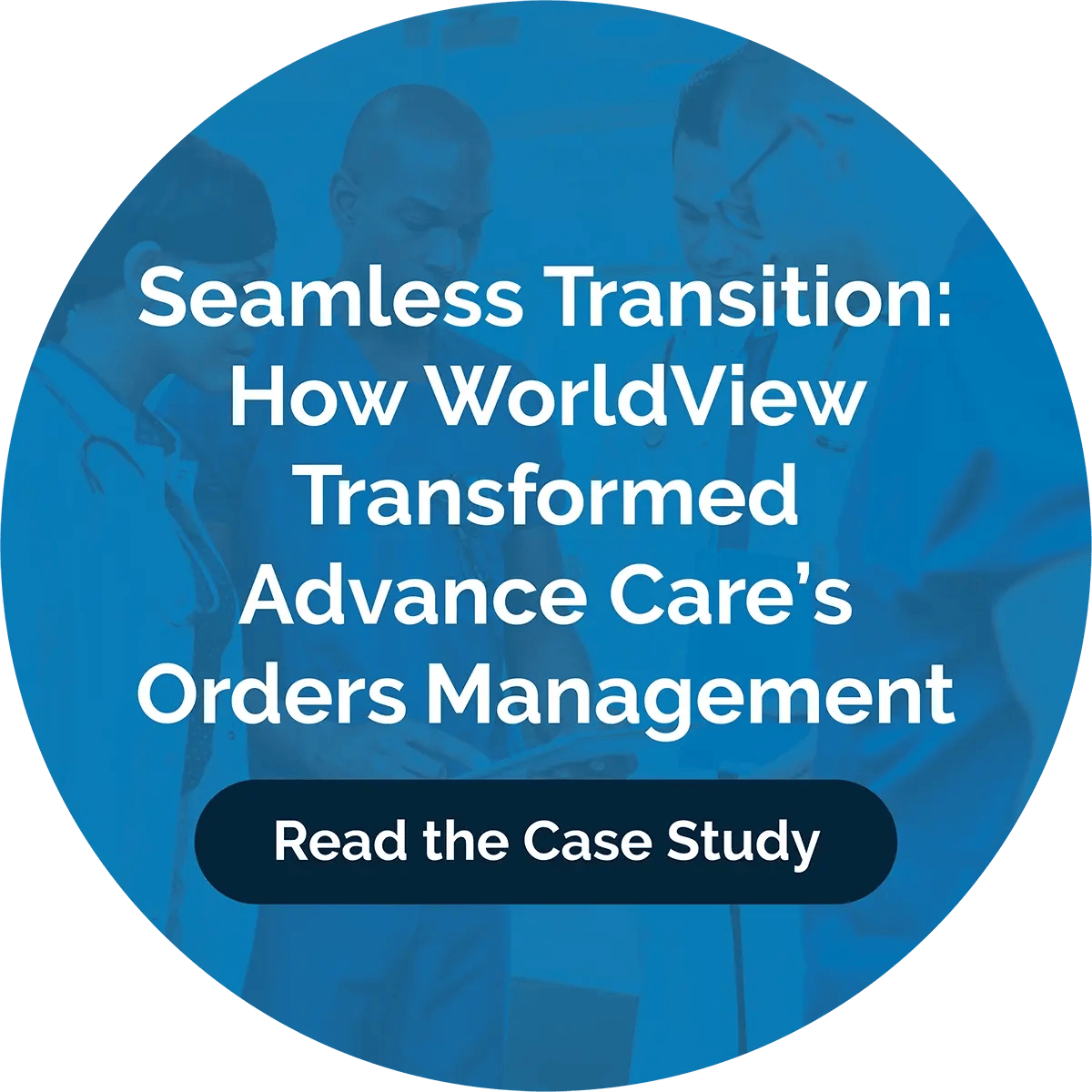An Increase in Home Health Audits: What to Expect and How to Prepare

Following a COVID-19-related slowdown in home health care audits, government agencies are starting to ramp up the process once again. More home health care providers are also experiencing inquiries from watch-dog agencies. These audits often catch companies by surprise, which helps the Department of Health and Human Services’ Office of the Inspector General (OIG) achieve a more accurate audit.
Why Home Healthcare Companies Need Routine Audits
Regular audits help home healthcare agencies offer the best care possible to patients. These audits can uncover a variety of issues ranging from mishandling of common equipment to cases of healthcare fraud.
Checking in on each company helps motivate them to remain compliant with home healthcare rules and regulations. The best way to prepare for an audit is to have a strict compliance protocol in place. It’s not a matter of if an organization will be audited, but when.
What Is Included in a Federal Audit?
The Office of the Inspector General examines how each agency processes claims and monitors each for errors. Auditors will evaluate a random sample of 100 claims to look for errors and other potential compliance issues.
Home health agencies are also subject to audits by other agencies. These auditors may evaluate financial and payment information, HIPAA compliance, OASIS compliance, and other factors required of care providers.
Some organizations will go in-depth with their audits, examining everything from payor requests to inventory orders and stocking. An agency without detailed inventory records could find itself out of compliance when one of these auditors comes to the industry.
How Can Agencies Prepare?
Since an agency is subject to an OIG audit at any time, the best way to prepare is to keep documentation in order. Each agency should keep their compliance practices up to date and detail their review and policy documents and procedures to show that their processes align with regulations. The agency’s management team should be able to give details on how they mitigate certain risks associated with home healthcare so they can answer questions throughout the course of an audit.
Agencies should also prepare their employees for these audits, with detailed training on policies and procedures. They should know how to document their compliance-related activities, where to file these documents, and what to do in case of an audit.
Keeping everyone prepared for an inevitable audit will help ease the stress from a surprise visit from OIG or another regulatory agency.
How An Audit Impacts Home Healthcare Agencies
Management personnel and healthcare employees should always be ready for an audit. If an agency usually operates with risk mitigation and compliance in mind, the organization can optimize its performance all the time. Keeping detailed records and standardizing training for compliance-related processes can shorten the time it takes to audit a company and make the process less worrisome for employees at all levels.
Since documentation is crucial when facing an audit, it’s important to have the right tools in place. WorldView healthcare automation solutions offer medical record management and tracking tools that help agencies organize their data making it easy to find and present during any audit.




